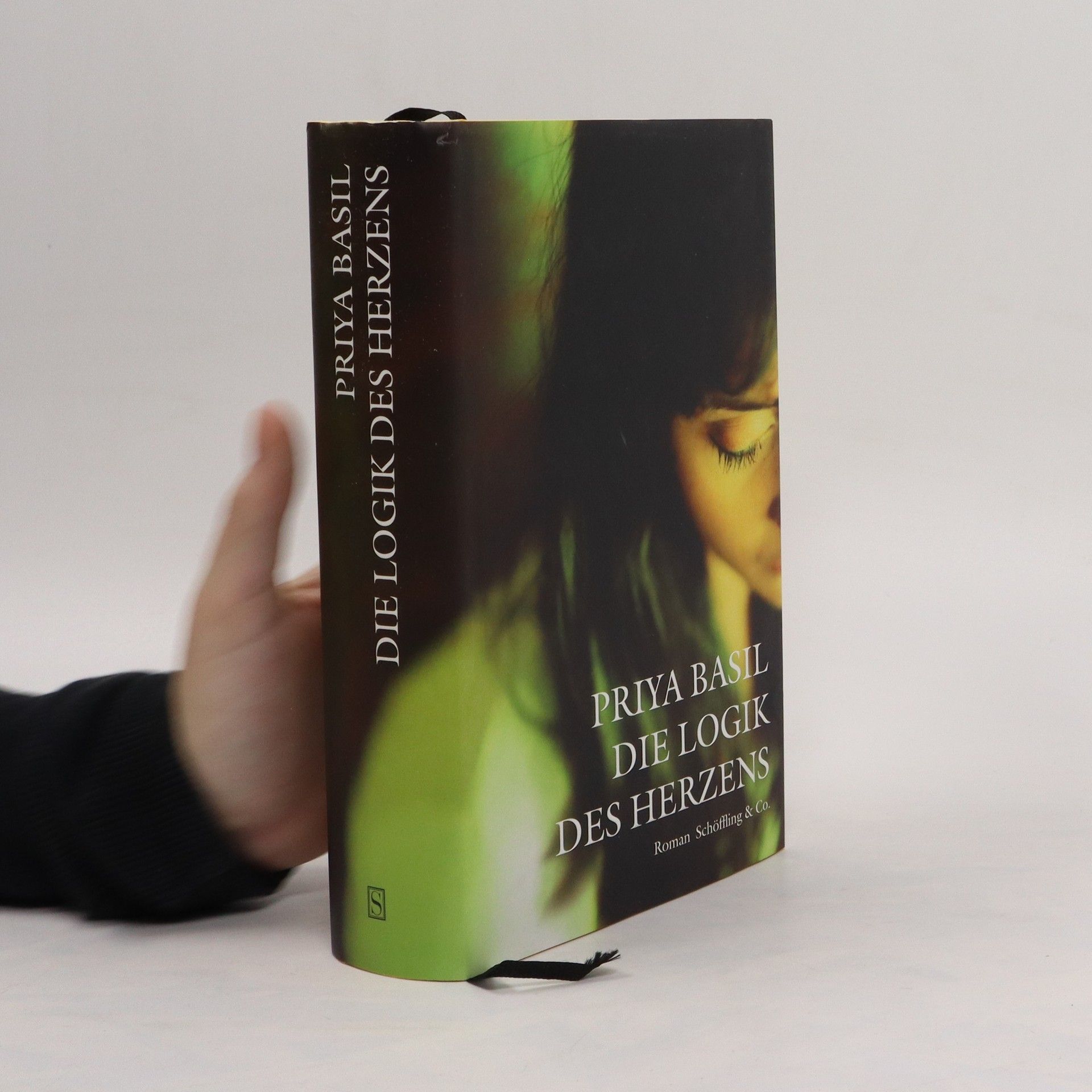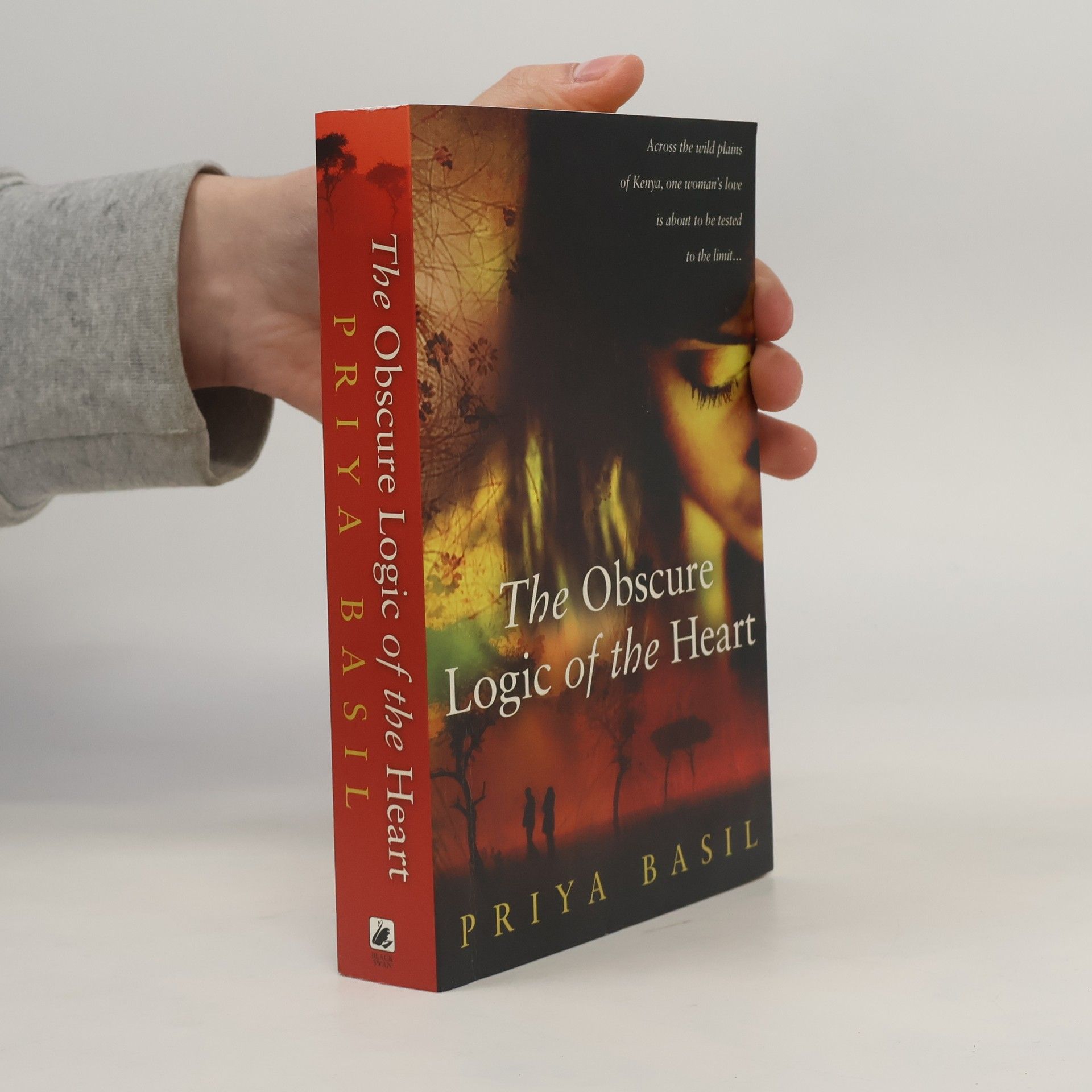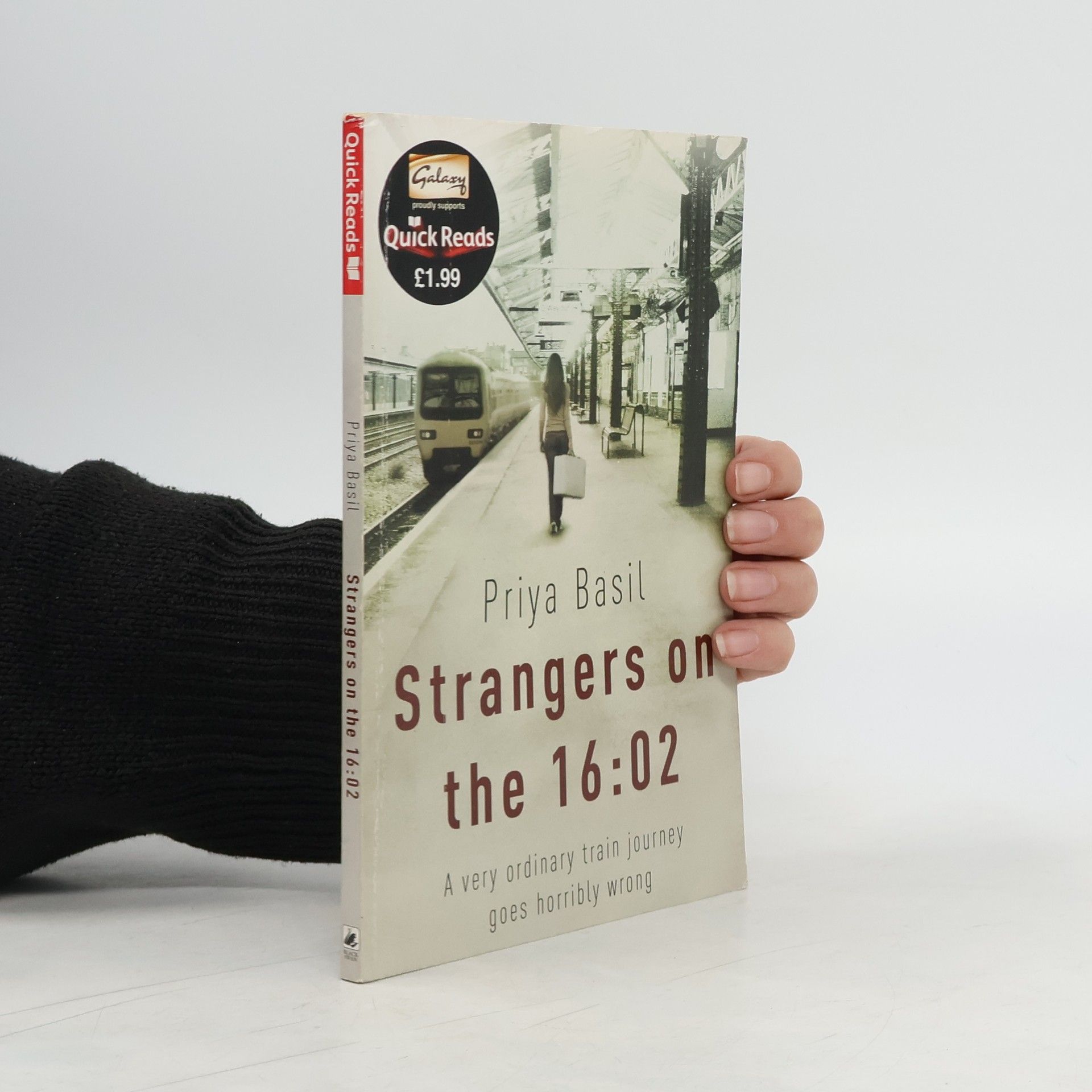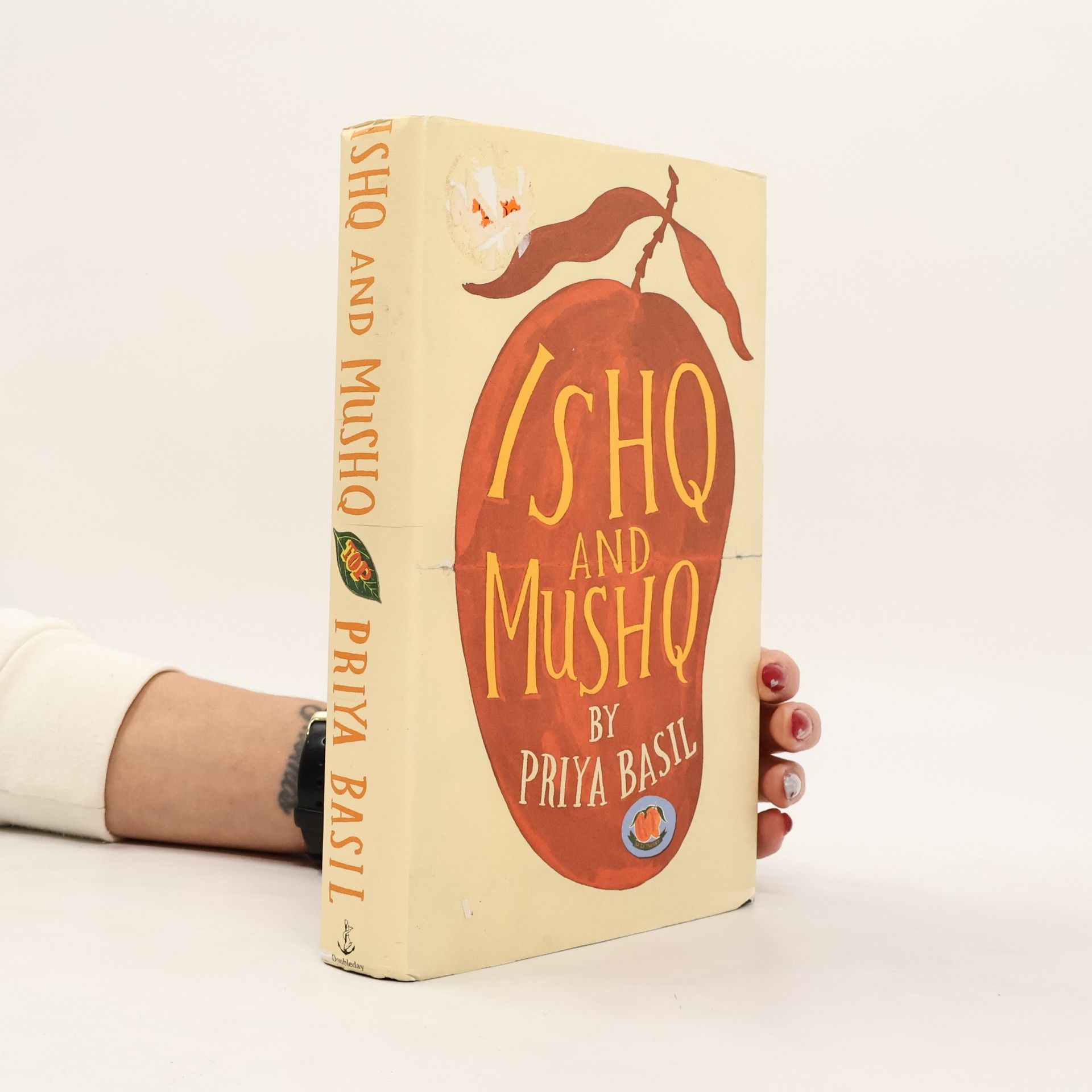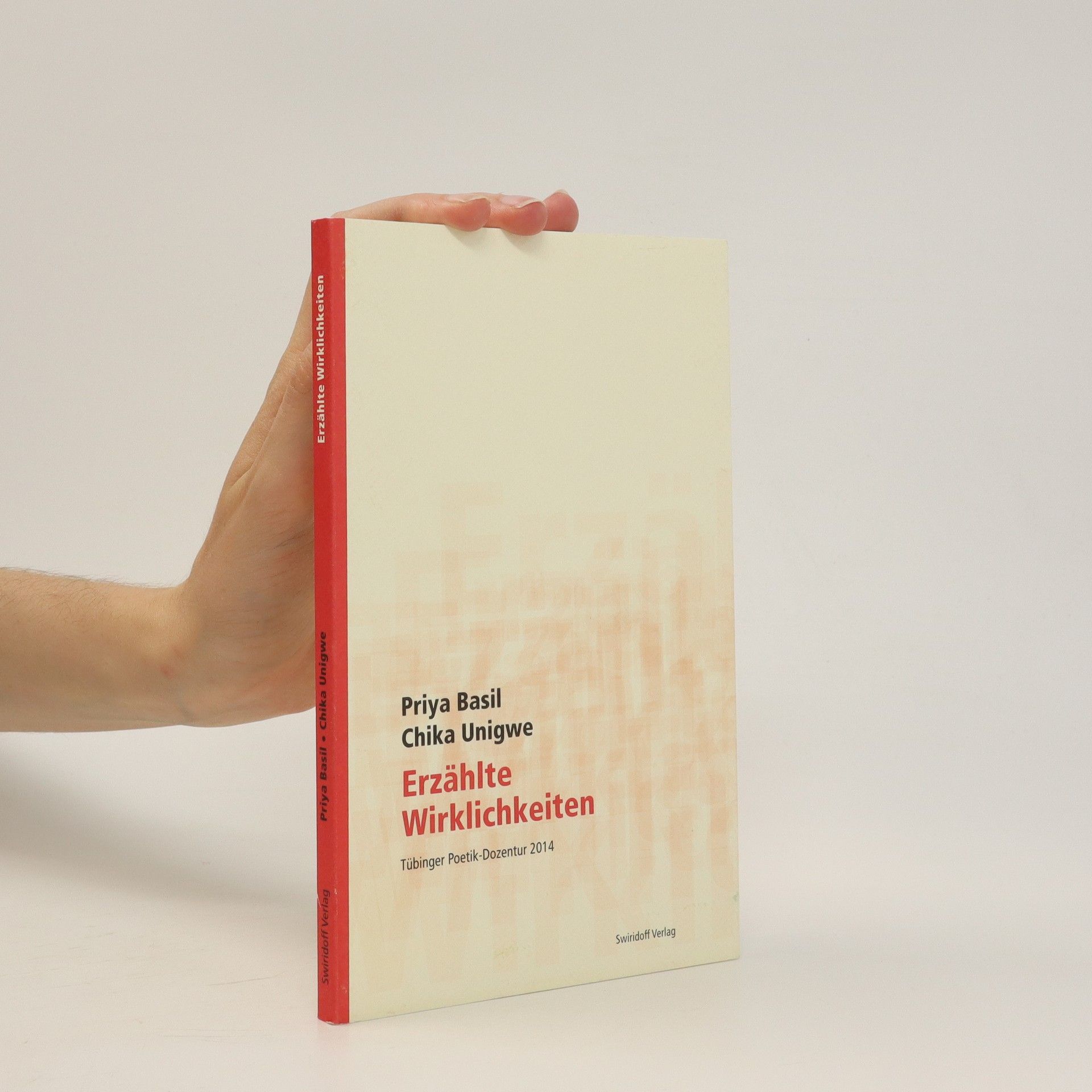Be My Guest: Reflections on Food, Community, and the Meaning of Generosity
- 144 stránek
- 6 hodin čtení
A thought-provoking meditation on food, family, identity, immigration, and, most of all, hospitality--at the table and beyond--that's part food memoir, part appeal for more authentic decency in our daily worlds, and in the world at large. Be My Guest is an utterly unique, deeply personal meditation on what it means to tend to others and to ourselves--and how the two things work hand in hand. Priya Basil explores how food--and the act of offering food to others--are used to express love and support. Weaving together stories from her own life with knowledge gleaned from her Sikh heritage; her years spent in Kenya, India, Britain, and Germany; and ideas from Derrida, Plato, Arendt, and Peter Singer, Basil focuses an unexpected and illuminating light on what it means to be both a host and a guest. Lively, wide-ranging, and impassioned, Be My Guest is a singular work, at once a deeply felt plea for a kinder, more welcoming world and a reminder that, fundamentally, we all have more in common than we imagine.

